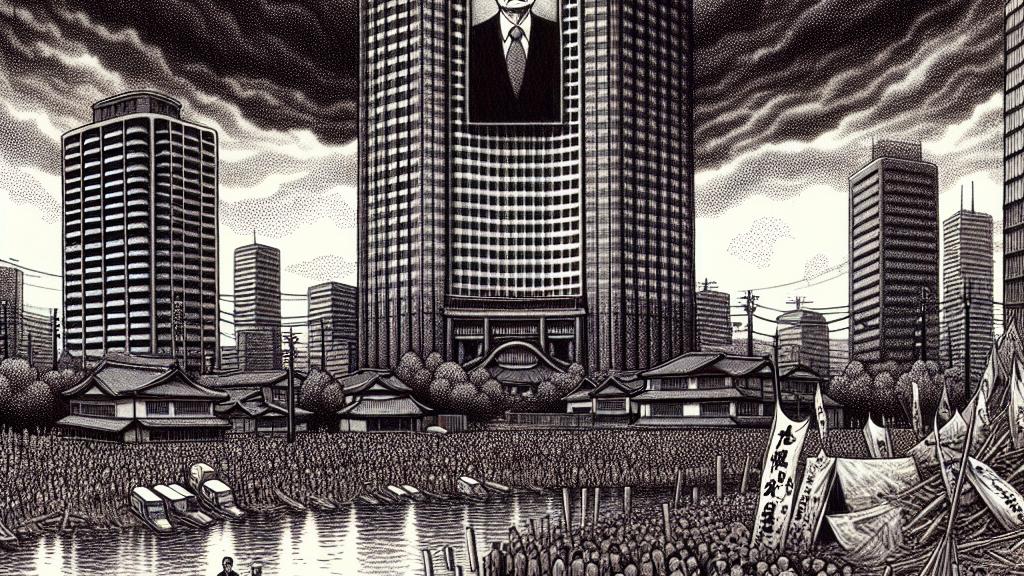Employee Death Instructed to Enter River in Shizuoka City: Arrested Man Found Dead, Suspected Suicide
Overview
- In Shizuoka City, a company executive's alarming directive to an employee led to a tragic death.
- Following his release on bail, this executive was found dead, suspected to have taken his own life, igniting discussions on mental health.
- This incident exposes serious issues related to workplace misconduct and underscores the urgent need for comprehensive mental health support.

Incident Overview
In the bustling city of Shizuoka, Japan, a deeply troubling incident unfolded. An executive, aged 42, allegedly instructed a 33-year-old employee to enter the Bakariver, a decision that tragically resulted in the employee's drowning. This act of negligence shocked the local community, as it not only endangered a life but also raised serious questions about corporate accountability. After being charged with gross negligence resulting in death, the executive was briefly incarcerated. However, the public was left to grapple with the ramifications of this alarming event, questioning the power dynamics often present in workplaces.
Discovery of the Executive's Body
On September 2nd, another shocking twist emerged when the same executive was found dead in his office. His body was discovered hanging, shifting the narrative from one of accountability to one of tragedy. This grim revelation stoked public debates about the mental health of individuals in positions of authority, especially those facing intense scrutiny after a wrongdoing. Many now ponder the internal struggles that accompany such overwhelming responsibility and guilt. It's a heartbreaking reminder that behind every scandal, there is a human experience filled with complexities, emotions, and ultimately, sometimes tragic choices.
Impact and Reflections
The aftermath of this case poses significant implications for society at large. It compels us to reconsider how corporations manage both employee conduct and mental health. Organizations must take proactive steps to foster environments that prioritize psychological well-being, offering support systems that allow employees to voice their struggles without fear of repercussions. We must advocate for effective training and resources that address not just ethical behavior but also the mental health challenges that can arise in high-pressure roles. Ultimately, this incident serves as a crucial reminder: the way we care for our workforce directly impacts the health of the entire organization. By focusing on both accountability and compassion, we can prevent future tragedies and cultivate workplaces where everyone feels safe and valued.

Loading...